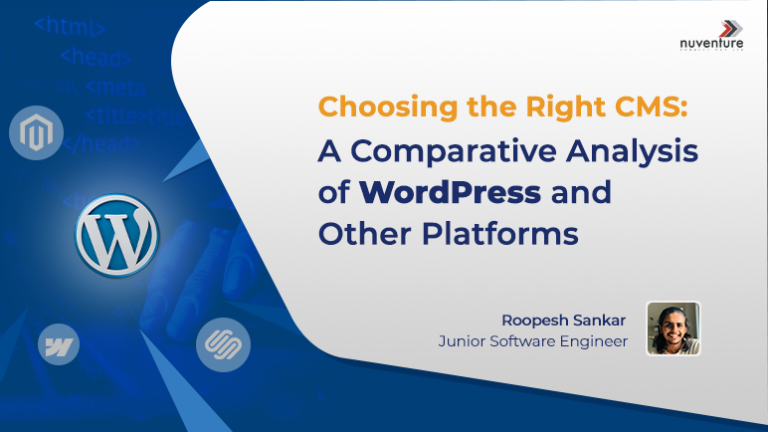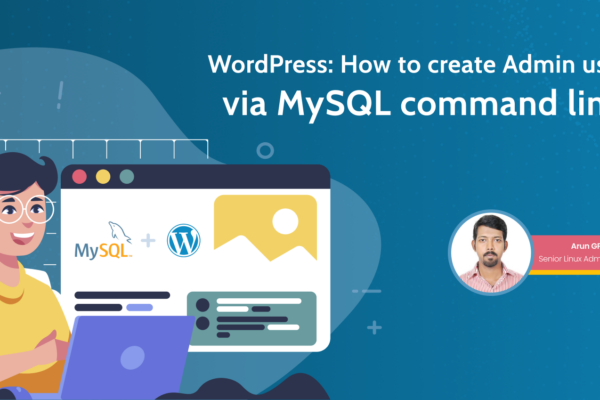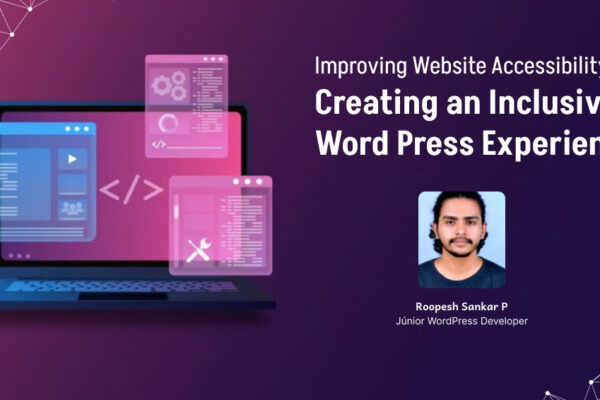Choosing the perfect Content Management System (CMS) is a crucial decision when it comes to creating a successful online presence. There are many choices available, such as the popular WordPress, as well as other well-known platforms like Joomla, Drupal, and Wix. It can be daunting to find the best option for your project. This blog seeks to simplify the process by providing a detailed comparison of WordPress with its main rivals, outlining their individual strengths and weaknesses to assist you in selecting the most appropriate CMS for your website.
Understanding WordPress
WordPress has established itself as the leading platform for website creation, with over 40% of websites running on this versatile Content Management System (CMS). Originally designed as a blogging tool in 2003, WordPress has grown into a powerful CMS that can be used for everything from simple blogs to complex e-commerce sites. One of the key factors driving its widespread use is its user-friendly interface, making it accessible to individuals with limited technical expertise. Furthermore, the platform offers a wide range of themes and plugins that enable users to customize their sites without any coding knowledge. With a strong community of developers contributing to its continuous improvement, WordPress ensures regular updates, security patches, and access to numerous resources. Despite the security risks associated with its popularity, WordPress remains a top choice for various website projects due to its flexibility, scalability, and strong support system.

Other Alternatives
- Joomla:
Joomla is a robust Content Management System that balances ease of use with broad functionality. It’s designed to be used by large websites and online communities, with robust built in features for content management. Joomla has a configurable structure that enables great customization, but it’s got a more difficult learning curve compared to WordPress. Its extension library, while comprehensive, is not as vast as WordPress’s plugin ecosystem, which might limit some specific functionalities.

b. Drupal:
The Drupal platform is renowned for its scalability and adaptability, making it the favoured option for enterprise-level websites and government organizations. Its sturdy framework is designed to accommodate intricate content structures and advanced functionalities, making it particularly suitable for specific projects. Nevertheless, the intricacy of Drupal may pose a challenge for novice users who lack advanced technical expertise and may require more time for development. It is most suitable for projects that necessitate intricate modifications and exceptional performance levels.

c.Wix:
Wix is a platform that prioritizes user-friendliness, providing a straightforward website builder with integrated hosting. It caters to the needs of small businesses and individuals who seek to establish an online presence swiftly, even without technical expertise. Wix offers a diverse range of templates and built-in features. However, when compared to more flexible platforms such as WordPress or Drupal, it lacks the ability to customize these templates. Furthermore, migrating a website from Wix can pose challenges, making it less suitable for long-term scalability.

Key Considerations
When deciding on a Content Management System (CMS), there are several key factors that should influence your choice.The most important factor is ease of use. Platforms such as WordPress and Wix have user-friendly interfaces that make it easy for even beginners to create and manage websites efficiently. On the other hand, Joomla and Drupal are more suitable for individuals with technical expertise.Another important consideration is flexibility and customization options. Drupal is particularly notable for its ability to handle complex and highly customized websites, while Wix offers limited customization options but excels in simplicity.Scalability is also crucial, especially for businesses that plan to expand their online presence. Both WordPress and Drupal offer robust scalability, supporting everything from small blogs to large enterprise sites.Security is a significant concern as well. Open-source platforms like WordPress require diligent maintenance to protect against vulnerabilities, whereas Drupal is known for its strong security features.Lastly, it’s important to consider the level of support and community surrounding the CMS. WordPress has a vast community and extensive resources, ensuring ample support. Joomla and Drupal may have smaller communities, but they still offer substantial help for users. By evaluating these factors based on your specific needs, you can choose the CMS that aligns best with your project goals and capabilities.

Making the Decision
The selection of the appropriate CMS requires a thorough assessment of the specific requirements of your project, the budget allocated, and the technical skills at your disposal.
- Begin by analysing the main objective of your website, whether it is a basic blog, a sophisticated e-commerce platform, or a corporate site—each CMS has its own strengths tailored to different demands.
- Consider your proficiency with technology; platforms such as WordPress and Wix are perfect for beginners, whereas Joomla and Drupal may demand more technical expertise and development capabilities.
- Budget plays a crucial role; open-source solutions like WordPress, Joomla, and Drupal are typically free but may involve expenses for premium themes, plugins, or professional support, while Wix provides various pricing plans with integrated features.
- Consider the long-term scalability and adaptability; if you anticipate substantial growth or require extensive customization, Drupal or WordPress could be more suitable.
- Furthermore, assess the significance of community assistance and available resources; a strong support system can be invaluable for problem-solving and enhancing your website’s functionalities. By thoroughly evaluating these factors, you can make a well-informed decision that ensures your chosen CMS meets your current requirements and future objectives.

Conclusion:
In today’s dynamic digital environment, choosing the appropriate Content Management System (CMS) is essential for establishing and managing a thriving online presence. While WordPress is widely acknowledged for its user-friendly nature, extensive customization features, and strong support system, other platforms such as Joomla, Drupal, and Wix present distinctive advantages that may better suit specific project needs. Joomla offers a harmonious blend of functionality and user-friendliness suitable for larger websites, Drupal stands out for its scalability and customization capabilities tailored for intricate projects, and Wix provides a straightforward solution for swift and hassle-free website development. Ultimately, the most suitable CMS for your requirements will hinge on your website’s objectives, technical proficiency, financial resources, and long-term aspirations. Through a thorough assessment of these aspects and a comprehensive exploration of the functionalities offered by each platform, you can make a well-informed decision that lays a solid groundwork for your website’s prosperity.
At Nuventure Connect, we specialize in WordPress development and are committed to providing professional, responsive, and seamless web solutions. Our expertise lies in custom theme development and precise responsive design, allowing us to redefine excellence in the digital realm. We are dedicated to delivering innovative and expertly crafted solutions, ensuring top-tier web development for our clients.


